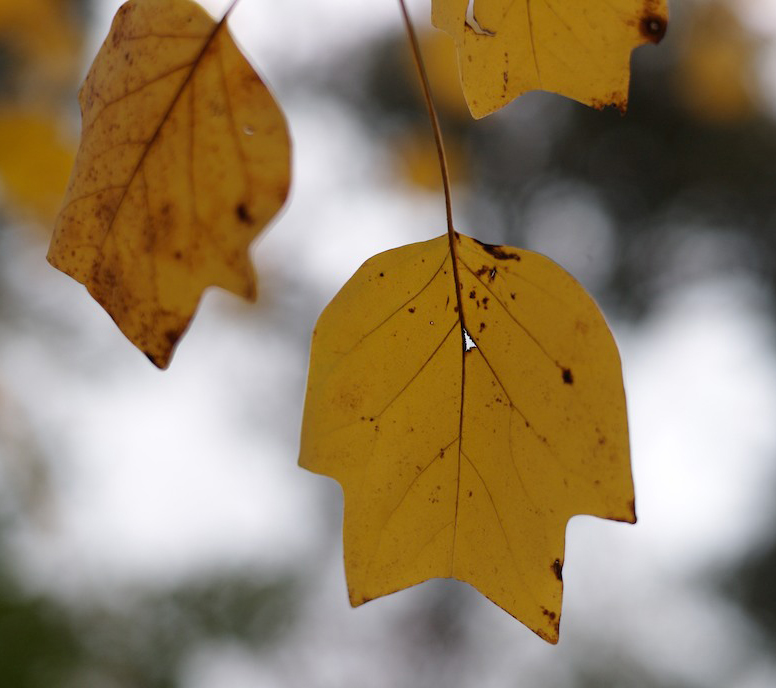What comes to mind when you think about Nashville and your state home of Tennessee? The Grand Ole Opry? Tennessee whiskey? The Smokey Mountains? These are just a few of the symbols that reflect the state of Tennessee. But one of the most intriguing and majestic symbols of Tennessee is the state tree — the Tulip Poplar. Since its adoption by state legislator in 1947, the tulip poplar has resided among the elite, such as other official state symbols like the mockingbird and raccoon.
 Some fun facts about the Tulip Poplar
Some fun facts about the Tulip Poplar
- The tree was chosen because pioneers would use the tulip poplar to make houses, barns and canoes.
- Today, the poplar is most commonly used for cabinetry.
- In Tennessee, the tree sometimes called “canoe wood” because of its reference to the pioneers.
- The tree can also be use for medicinal purposes, such as teas and ointments.
- The tree is native to the Eastern U.S. region ranging from New England to Louisiana and Florida.
- The tulip poplar is also Kentucky and Indiana’s state tree.
- The scientific name is Liriodendron tulipifera and is also known as the tulip tree, American tulip tree, whitewood, fiddle-tree and yellow poplar.
- The name “fiddle-tree” comes from the peculiar-shaped leaves that grow from their branches that resemble small violins.
- The tree is actually a member of the magnolia family, not the poplar family.
- The flowers are typically light green or yellow.
- The tree typically doesn’t bloom tulips from their branches the first 15 years of its life.
- Average lifespan of the tulip poplar is 200-250 years but some trees have been known to live much longer if conditions are right.
- The tulip poplar is the tallest of North American hardwoods and can range from 100-150 feet high.
- The trunk can grow at least 50 feet high without a single branch.
The Tennessee state tree is widely appreciates throughout the state, including Middle Tennessee. The tulip poplar is also a great tree to use for your residential or commercial landscaping needs. It is one of the fastest growing trees in the region. However, these trees and its branches require some specific growth requirements, so it’s always best to consult with a professional. For questions on planting the state tree in your yard, feel free to contact the Parke Company at (615) 405-6548.
